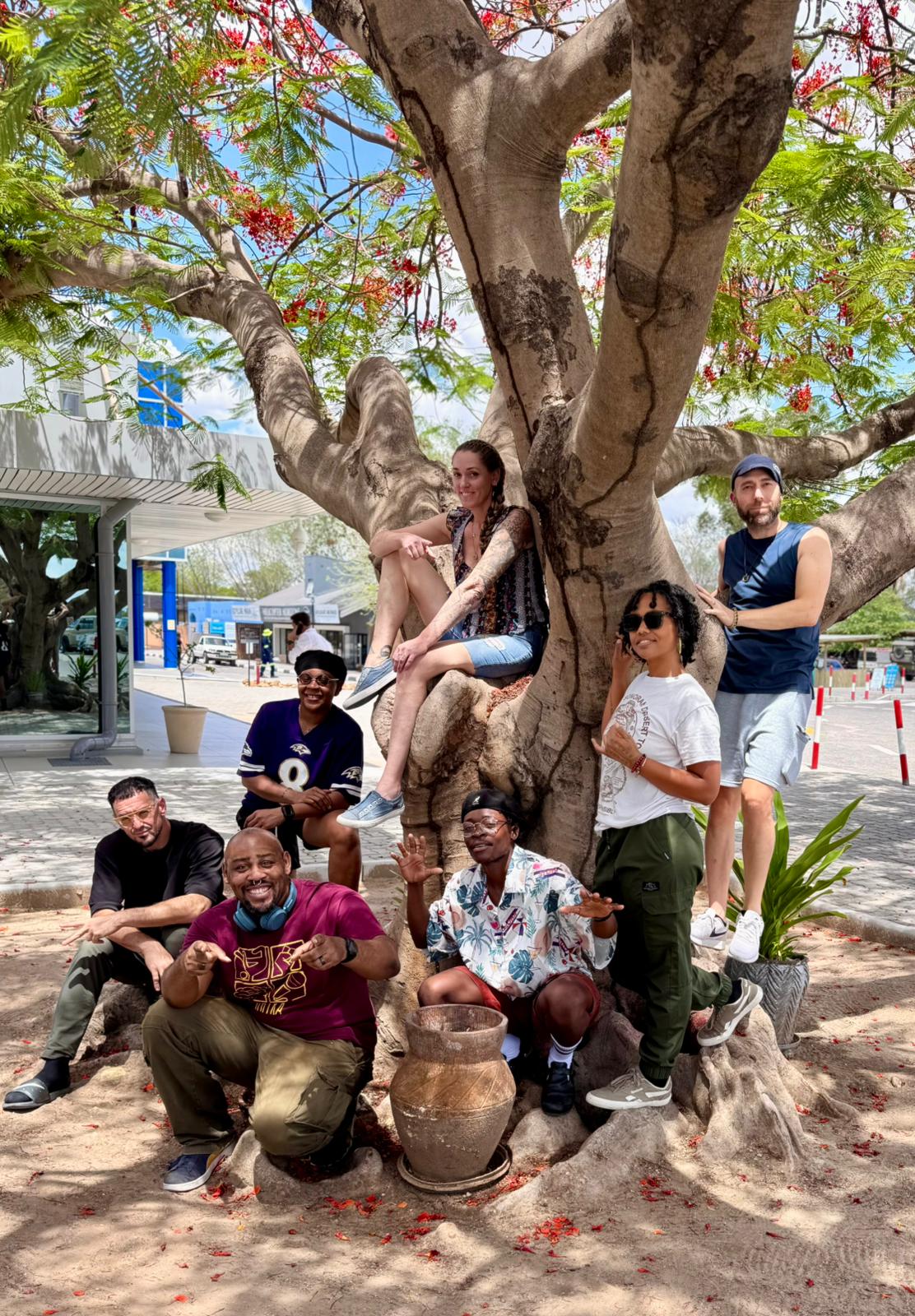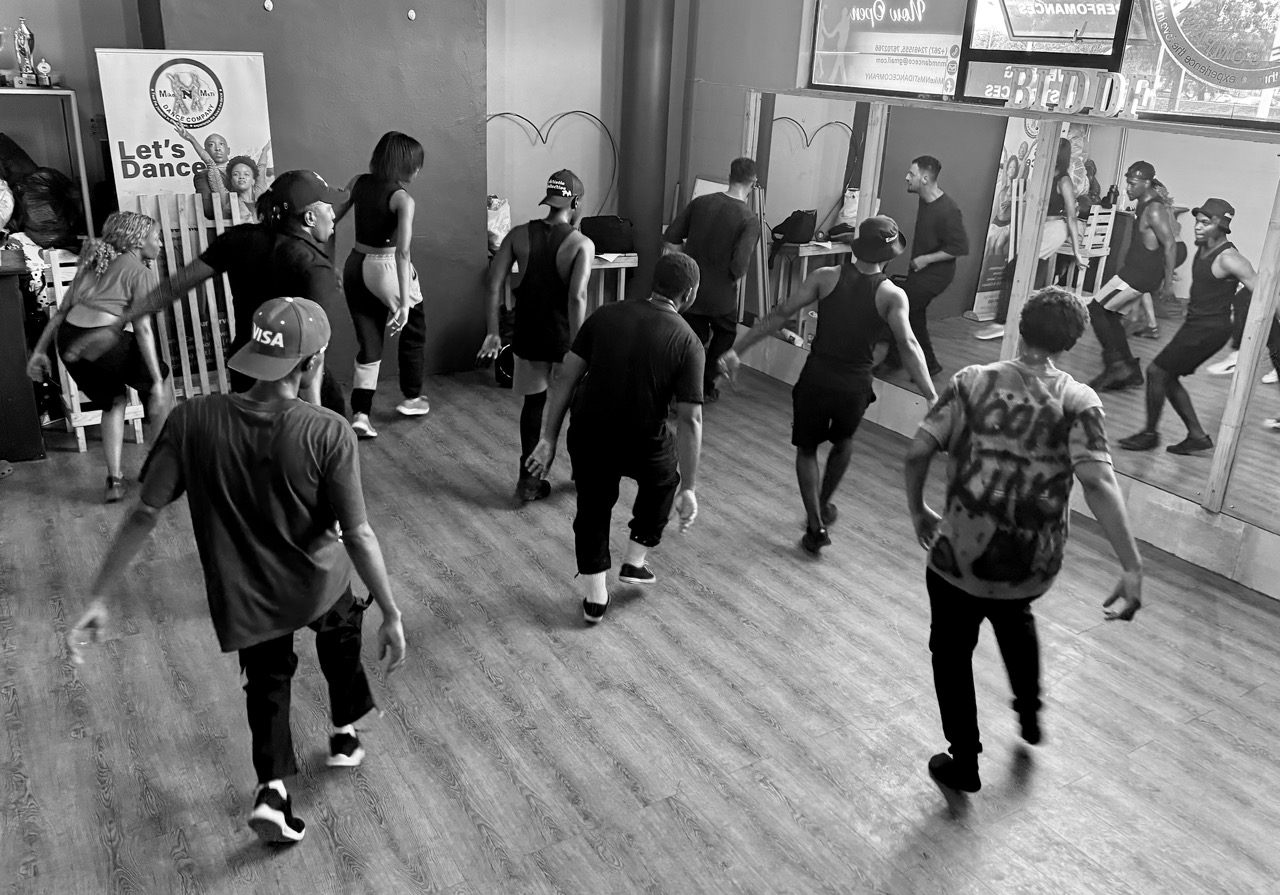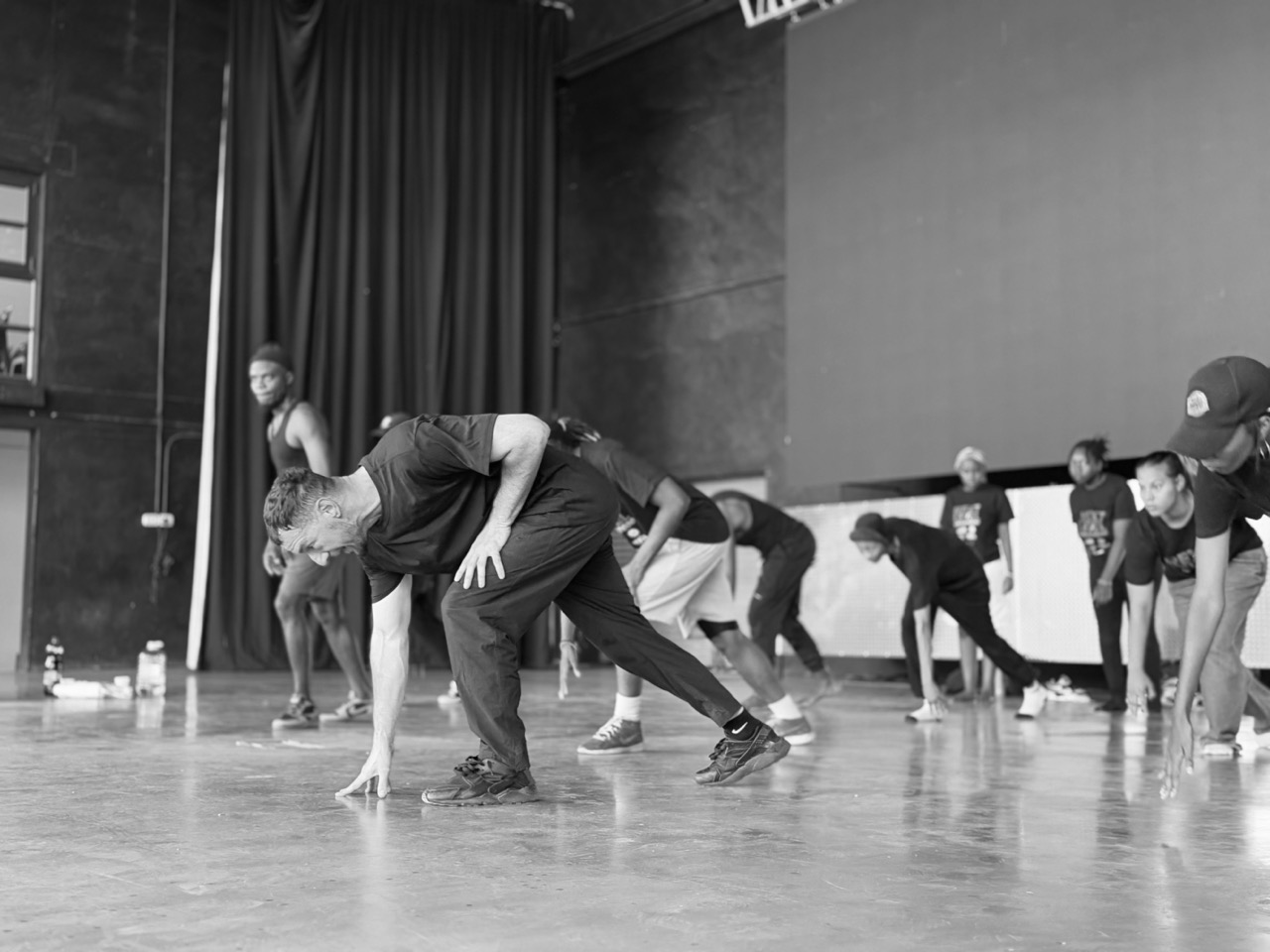For decades, Tony “YNOT” Denaro has been a driving force in hip-hop, breaking, and cultural exchange. As an assistant professor of practice serving dance in Texas Tech’s School of Theatre and Dance, he has a passion for the art form which has taken him across continents, teaching and learning from communities worldwide. But despite his global impact, his journey as a cultural ambassador for hip-hop has been met with challenges—especially at home. Now, as the newly appointed United States Cultural Ambassador, YNOT finally receives the recognition at home that he has internationally.
In my conversation with YNOT, he reflects on his journey, the cultural exchange that fuels his work, and what’s next in his mission to bridge worlds through dance.
The Challenge of Being Recognized at Home

As YNOT explains, “There’s always been this idea that hip-hop doesn’t belong in institutions. I go to Vietnam, Germany, Japan, and people welcome me like a legend. Then I come home and feel deflated. The support isn’t the same.”
A Long-Awaited Recognition
For years, people have called YNOT a “Hip-Hop Ambassador.” He has taught, judged, and performed across the world, yet the title was never officially recognized by his home country—until now.
“The government acknowledging me as an ambassador is huge,” he says. “For twenty years, I’ve been doing this work—traveling to teach and share—but when I’d come home, nobody knew. Now, the title and this trip are meaningful because we finally have the support of the US government.”

A Global Tour of Learning and Teaching
YNOT’s recently traveled to Botswana, Africa, as a US Cultural Ambassador through the Next Level program, a State Department initiative using hip-hop to foster cultural diplomacy. Unlike his usual teaching-focused trips, this one concentrated on a mutual exchange:
“This trip was different because it wasn’t just about me teaching hip-hop. It was about learning from them, too. I always want to know: How did what we call hip-hop today evolve from African movement and rhythm? What’s changed along the way?”
One key takeaway was the rise of Amapiano, a South African genre that has been influenced by American house music and kwaito. It's characterized by the prominent use of the log drum, which provides a raw bassline with a heavy kick drum effect. It's great dance music!
DJ's like Kabza De Small pushed the genre and then current artists like Tyla are highlighting this sound internationally, showing how African music traditions continue to shape the modern industry.
Dance as Cultural Diplomacy
For YNOT, dance is more than movement; it’s a language.
“Any art form is a way to start a conversation,” he explains. “Cultures may have different ways of moving, but the medium of dance itself is universal. That’s where cultural exchange happens—outside of language.”
By infusing traditional dance styles into hip-hop, YNOT encourages dancers worldwide to keep their cultural identity intact, rather than just replicating what they see on TV or social media.

What’s Next for YNOT?
Despite his new title as a Cultural Ambassador, the future of hip-hop remains uncertain:
“I did this project with the Department of State, but that was just a job. I’m not permanently hired by the government. So, what now? Do I go back to my old way—where other countries bring me in, but my own country doesn’t recognize my work?”
One thing is certain: his passion for education and collaboration is stronger than ever.
This spring, he was the artistic director for DanceTech, the dance faculty’s annual choreographic showcase. And next spring, he will serve as co-artistic director for a new version of The Rite of Spring, a collaboration between the School of Music and the School of Theatre & Dance.
Beyond that, his international itinerary is packed: Malaysia in May, Canada in June, and more teaching, judging, and performing worldwide.
YNOT’s journey is a testament to hip-hop’s power as a tool for education, diplomacy, and unity. Despite the challenges, he remains committed to breaking barriers—on the dance floor and beyond.
As he prepares for another year of global travel, performances, and cultural exchanges, one thing is clear: whether officially recognized, he will continue being a true ambassador for hip-hop.
